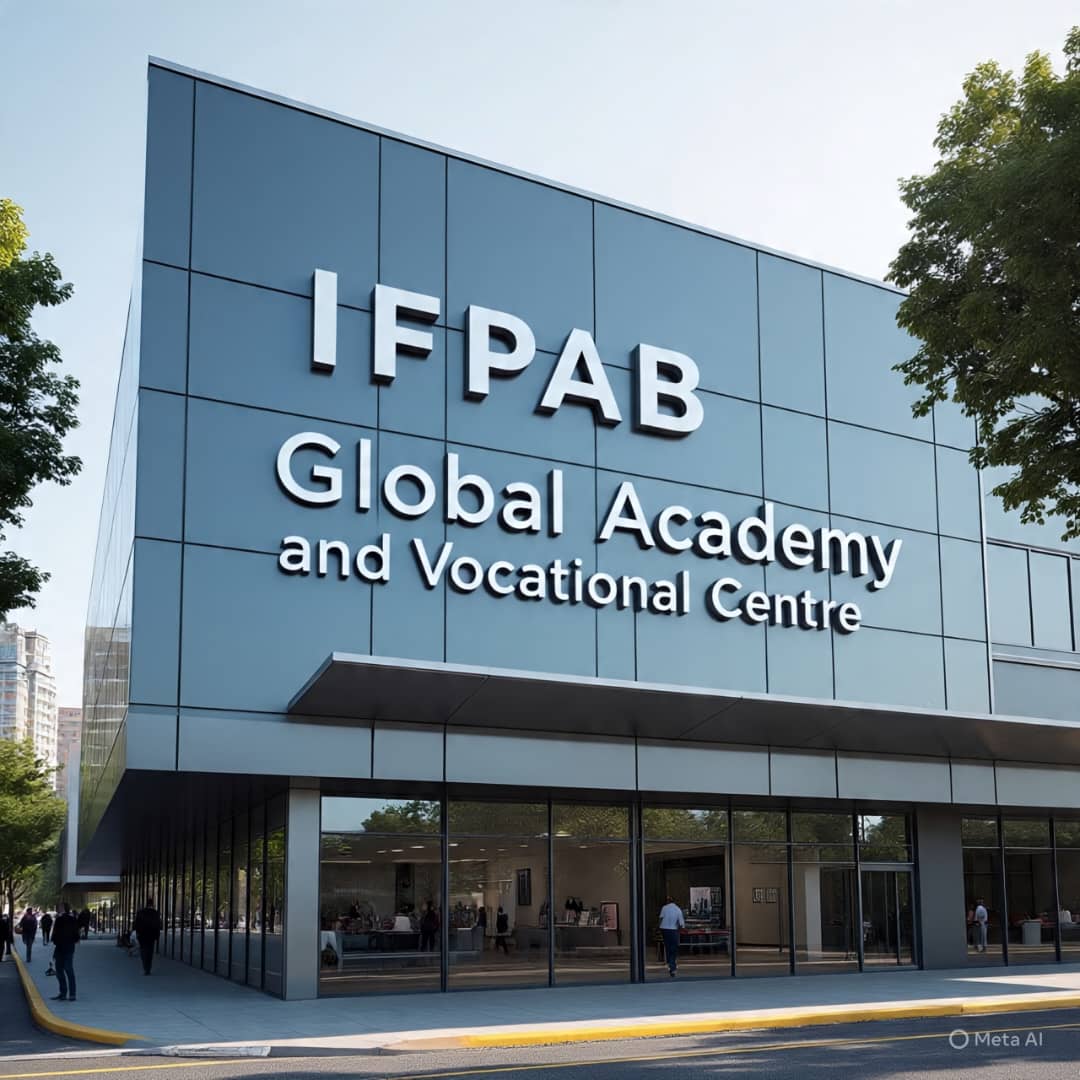Projects & Programmes
Priority Initiative: Specialized Hospitals
Impact: Improves life expectancy and quality of life for persons with albinism and blindness while strengthening services for the wider public.
Priority Initiative: Skills Training Schools
Impact: Reduces marginalisation, boosts self-reliance, and expands economic inclusion across disability communities.
Priority Initiative: Inclusive Farms
Impact: Creates sustainable livelihoods, advances food security, and demonstrates disability-inclusive agribusiness models.
Priority Initiative: Renewable Energy
Impact: Promotes independence, lowers operational costs in rural communities, and secures IFPAB's long-term sustainability.
The Integrated Model
Specialised hospitals safeguard health, training schools deliver employable skills, inclusive farms provide livelihoods and revenue, and renewable energy keeps every service resilient. Together, these initiatives create a holistic ecosystem where IFPAB not only advocates but also delivers tangible solutions that transform lives.
Strengthening Rural Infrastructure Development
IFPAB is investing in rural infrastructure to unlock social and economic opportunity for underserved communities. By upgrading transport networks, social facilities, and digital connectivity, the programme improves access to essential services, stimulates entrepreneurship, and enhances resilience for people with albinism, blindness, and other disabilities.
Project Objectives
Key Activities
Implementation Timeline
Budget & Resources
The programme blends government grants, private-sector partnerships, and community contributions. Funding covers assessments, construction materials, labour, equipment, training, connectivity hardware, and long-term maintenance. Transparent monitoring ensures every kwacha delivers measurable outcomes.
Expected Outcomes
Sustainability & Monitoring
Each asset is paired with a maintenance plan and local stewardship agreements. Continuous monitoring, evaluation, and community feedback loops keep delivery on track and allow the team to adapt to emerging needs.
To collaborate or request detailed proposals, contact the IFPAB Projects desk on +260 978 644 188, +260 977 343 730, +260 966 930 507, +260 978 951 000, or email ifpabdevelopment@gmail.com.
Earmarked Projects
IFPAB Global Academy & Vocational Centre
The academy and vocational centre will empower people with disabilities and the less privileged through inclusive education pathways, practical skills, and enterprise support.
By combining accessible infrastructure, tailored curricula, and wrap-around support, the centre advances IFPAB's mission to build an inclusive, resilient future for vulnerable communities.

